With the aging population on the rise, the significance of personalized care in senior living environments is clearer than ever. This blog will examine the crucial role of care concierges in enhancing seniors' quality of life. Serving as dedicated advocates and coordinators, care concierges bridge the gap between residents and the essential services they require—whether it's healthcare, social interaction, or daily activities.
By prioritizing individual preferences and needs, they create customized experiences that promote independence and well-being among seniors. We will explore the various responsibilities of these professionals, their positive impact on senior living communities, and real-life examples that showcase their invaluable contributions. Through this discussion, we aim to highlight how care concierges are transforming the landscape of senior care, ensuring that every resident enjoys not just a longer life, but a healthier and happier one.
The Evolving Role of Care Concierges in Senior Living
As the landscape of senior living continues to evolve, so too does the role of care concierges. Originally focused primarily on coordinating healthcare services, these professionals have expanded their scope to encompass a holistic approach to resident care. This evolution reflects a greater understanding that seniors' needs are multi-faceted, incorporating not just medical assistance, but also emotional support, social engagement, and lifestyle enrichment.
Integration of Technology
One of the most significant changes in the role of care concierges is the integration of technology into senior care. With the rise of telehealth services and wearable health monitors, concierges now leverage these tools to keep track of residents' health trends and communicate more effectively with healthcare providers. This data-driven approach not only streamlines care but also empowers seniors to take an active role in managing their health.

Focus on Wellness and Lifestyle
Care concierges are increasingly dedicated to promoting overall wellness and lifestyle satisfaction. They facilitate access to fitness programs, creative workshops, and social events, creating a vibrant community atmosphere. By proactively engaging residents and encouraging participation in various activities, they play a crucial role in fostering a sense of belonging and improving mental health.
Advocacy and Relationship Building
Moreover, care concierges have emerged as key advocates for residents, establishing strong relationships with both families and service providers. This advocacy extends beyond mere coordination, often involving direct involvement in care planning and adjustments based on individual feedback. Such relationships ensure that seniors feel heard and valued, leading to higher satisfaction and improved quality of life.
Through these evolving responsibilities, care concierges are not merely assistants; they are vital components of a comprehensive senior living experience, dedicated to enriching the lives of those they serve.
How Care Concierges Personalize Senior Care Experiences
Understanding Individual Preferences
A key aspect of personalization in senior care is taking the time to understand each resident's individual preferences, history, and lifestyle. Care concierges often conduct comprehensive assessments to gather this information, allowing them to tailor services that reflect the unique needs and desires of every resident. By fostering open communication and building trust, concierges ensure that seniors feel comfortable sharing their interests and concerns, leading to more effective and meaningful care.
Tailored Health and Wellness Plans
Care concierges develop customized health and wellness plans that encompass not only medical care but also fitness regimens, dietary preferences, and recreational activities. They collaborate with healthcare professionals to ensure that these plans promote optimal health outcomes, while also considering the social and emotional aspects of well-being. This holistic approach encourages residents to engage actively in their care, enhancing their quality of life.
Engaging Activities and Social Opportunities
To further personalize experiences, care concierges curate a variety of engaging activities that cater to the interests of residents. They organize events ranging from art classes to group outings, ensuring that there is something for everyone. By facilitating social interaction and creating a sense of community, concierges help combat feelings of loneliness and isolation, which are prevalent among seniors.
Family Involvement and Communication
Recognizing the importance of family in the care process, concierges involve loved ones in decision-making and family meetings. This ensures that care plans align with the expectations and values of both residents and their families. By maintaining transparent communication and inviting family participation, care concierges help build a supportive network that enhances the overall care experience.
Through these personalized strategies, care concierges significantly enrich the lives of seniors, affirming their individuality while promoting wellness and connection within the community.
Bridging the Gap Between Seniors and Essential Services
Identifying Essential Needs
To effectively bridge the gap between seniors and essential services, care concierges begin by identifying the specific needs of each resident. This involves a thorough assessment of physical, emotional, and social requirements. By recognizing which services—such as healthcare access, transportation, or assistance with daily activities—are most vital to a resident's quality of life, concierges can implement targeted solutions that directly address these needs.
Coordinating Comprehensive Service Access
Once essential needs are identified, care concierges take the lead in coordinating access to a wide array of services. This may include scheduling medical appointments, arranging transportation, or connecting residents with community resources. By facilitating these connections, concierges not only save residents time and effort but also alleviate stress, ensuring they receive the support they require without unnecessary barriers.
Promoting Educational Initiatives
Another critical aspect of bridging the gap is the promotion of educational initiatives tailored to seniors. By organizing workshops or seminars that focus on health literacy, technology use, and navigating available services, care concierges empower residents with the knowledge they need to make informed decisions. This education fosters independence and encourages seniors to advocate for their own needs, ultimately leading to improved care outcomes.

Establishing Community Partnerships
To enhance the range of services available to seniors, care concierges often establish partnerships with local organizations and service providers. These collaborations can provide residents with access to additional resources, such as legal assistance, financial planning, and recreational programs. By fostering a network of support, concierges ensure that residents can seamlessly navigate their essential service needs, leading to a more integrated and fulfilling lifestyle.
Through these strategies, care concierges play a pivotal role in bridging the gap between seniors and the essential services they require, ultimately enhancing their overall well-being and quality of life.
Promoting Independence and Well-Being Through Concierge Services
Encouraging Personal Autonomy
One of the primary goals of concierge services is to promote personal autonomy among seniors. By providing support while respecting individual choices, care concierges empower residents to make decisions about their daily lives. This approach not only bolsters confidence but also fosters a sense of control, contributing positively to their overall well-being.
Facilitating Daily Activities
Concierge services assist seniors in managing their daily activities, from grocery shopping to household chores, allowing them to focus on what truly matters: enjoying life. By ensuring that essential tasks are taken care of, concierges free up time for residents to engage in hobbies, social events, and other fulfilling pursuits, enhancing their quality of life.
Supporting Physical Activity
Physical health is closely linked to emotional well-being, and care concierges are instrumental in encouraging regular exercise. They coordinate fitness programs tailored to residents' abilities and preferences, such as yoga classes or group walks, promoting not only physical fitness but also social interaction among peers.
Enhancing Emotional Wellness
The emotional health of seniors is a vital aspect of their overall well-being. Concierge services provide avenues for residents to engage in mental wellness activities, such as art therapy or mindfulness sessions. By addressing emotional needs and reducing feelings of isolation, concierges help create a nurturing environment that supports holistic wellness.
Strengthening Community Connections
Concierge services actively work to cultivate a sense of community among residents. By organizing group activities, outings, and social gatherings, concierges foster relationships and connections, mitigating loneliness. This sense of belonging significantly contributes to residents’ happiness and mental health, creating a vibrant community atmosphere.
Through these efforts, concierge services not only promote independence but also enhance the well-being of seniors, ensuring they lead fulfilling and enriched lives.
The Impact of Care Concierges on Senior Quality of Life
Enhanced Access to Resources
Care concierges significantly improve the quality of life for seniors by ensuring they have enhanced access to vital resources and services. By acting as liaisons between seniors and healthcare providers, concierges facilitate timely medical care, which can lead to early intervention and better health outcomes. This proactive approach not only addresses immediate medical needs but also contributes to long-term health stability.
Individualized Support and Care
The personalized support that care concierges provide plays a critical role in enhancing seniors' quality of life. By understanding each resident's unique preferences and requirements, concierges can customize care plans. This individualized attention ensures that seniors feel valued and understood, which can lead to better physical and emotional health outcomes.
Fostering Social Engagement
Isolation can have detrimental effects on seniors' well-being, but care concierges actively work to foster social engagement. By organizing activities and events, concierges create opportunities for residents to connect, build friendships, and develop a sense of community. This social interaction is crucial for mental health, helping to reduce feelings of loneliness and depression.
Promoting Healthy Lifestyle Choices
Care concierges also play a vital role in promoting healthy lifestyle choices among seniors. By encouraging physical activity, providing nutritional guidance, and coordinating wellness programs, concierges support residents in making choices that positively impact their health. This holistic focus not only enhances well-being but also empowers seniors to maintain their independence.
Advocacy for Residents' Needs
Care concierges serve as advocates for seniors, ensuring that their voices are heard in discussions about their care. This advocacy is essential for aligning services with residents' preferences and values, ultimately leading to a more fulfilling and dignified living experience. By championing seniors' needs, concierges play a vital role in elevating their quality of life.

Supporting Health and Wellness with Customized Care Plans
Understanding Individual Needs
Customized care plans begin with a comprehensive assessment of each resident’s health status, preferences, and personal goals. By engaging in open conversations with seniors and their families, care concierges can gather vital information that informs tailored care strategies. This understanding ensures that the support provided aligns with individual needs, promoting a stronger sense of well-being.
Goal Setting for Health Outcomes
Effective care plans incorporate specific, measurable goals that help seniors move towards improved health and wellness. These goals can range from enhancing physical mobility to managing chronic conditions effectively. Care concierges work collaboratively with residents to establish realistic objectives, track progress, and celebrate milestones, thereby fostering motivation and engagement in their health journey.
Coordinated Care and Accountability
A key component of customized care plans is the coordination of services among various healthcare providers and specialists. Care concierges take the lead in managing appointments, medication regimens, and follow-ups, ensuring that all aspects of a resident’s health care are streamlined and comprehensively addressed. This accountability reduces confusion, prevents missed appointments, and provides seniors with a reliable support system.
Regular Reviews and Adjustments
To ensure the ongoing effectiveness of customized care plans, regular reviews are essential. Care concierges facilitate periodic assessments to evaluate each resident’s progress and make necessary adjustments to the care strategies. This dynamic approach allows for responsiveness to changing health needs, ensuring that residents continue to receive optimal support throughout their wellness journey.
Encouragement of Self-Management
Customized care plans aim to enhance seniors’ ability to manage their health effectively. Through education and resource provision, care concierges empower residents to take an active role in their health decisions, fostering independence and confidence. This empowerment not only improves adherence to health regimes but also contributes to greater overall satisfaction in their care.
Facilitating Social Interaction and Engagement for Seniors
Importance of Social Connection
Social interaction is crucial for the well-being of seniors, as it has been linked to improved mental health and a reduced risk of depression. Engaging in social activities helps to prevent feelings of isolation and loneliness, making seniors feel more connected to their community.
Organizing Community Events
Care concierges play a key role in organizing community events that encourage socialization among residents. These gatherings, such as potluck dinners, game nights, or book clubs, provide opportunities for seniors to meet new people, share experiences, and build friendships.
Creating Interest-Based Groups
Facilitating interest-based groups allows seniors to connect over shared hobbies and interests. Whether it’s crafting, gardening, or exercise classes, these groups foster camaraderie and create a supportive environment where residents can learn from one another while enjoying their passions.
Technology for Virtual Engagement
In today's digital age, technology can bridge the gap for seniors who may face mobility challenges. Care concierges can help residents navigate online platforms for video calls, virtual game nights, or remote classes. Utilizing technology ensures that social interactions can continue, even when physical gatherings are not possible.
Encouraging Volunteer Opportunities
Volunteering provides seniors with a sense of purpose and strengthens their connection to the community. Care concierges can identify local volunteer opportunities tailored to residents' skills and interests, encouraging them to engage actively while making a positive impact on their surroundings.
Introducing the Care Concierge of New England
Finding quality help for a loved one can often feel like navigating a confusing, frustrating maze. If your loved one needs Assisted Living or Memory Care and you’re unsure where to turn, the Care Concierge is here to assist you. We are a Senior Referral & Placement agency dedicated to helping seniors find the best Assisted Living or Dementia Support options tailored to their unique needs. Serving all of Rhode Island and select parts of Massachusetts and Connecticut, we are available 24/7. Whether you require immediate assistance or simply want to explore your options, the Care Concierge is at your service. Let us guide you and your family through the ever-changing world of senior care with our knowledge, experience, and personal touch. Contact us today to begin your journey towards peace of mind for you and your loved ones!
OPENING HOURS
- Mon - Fri
- Open 24 Hours
- Sat - Sun
- Appointment Only
©2021 by The Care Concierge of New England. Web Services by
LevelUP Digital Solutions
The Care Concierge of New England LLC
9 Oaklawn Rd
North Smithfield, RI 02896


